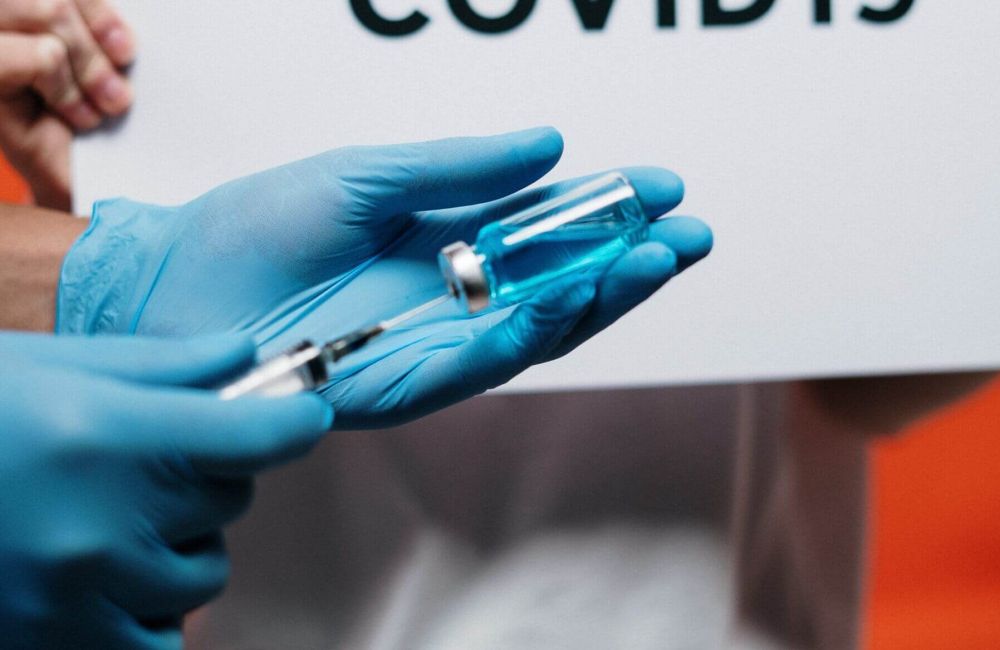On December 16, 2020, the Equal Employment Opportunity Commission (EEOC) published guidance about mandatory COVID-19 vaccines. One main takeaway is that employers are permitted to require employees to be vaccinated against COVID-19 vaccine. Whether to mandate such a requirement, however, is a more difficult question to answer.
The pros? A safer workplace, a contribution to public health, and the potential to reduce the risk associated with a workplace transmission of COVID among coworkers or to customers.
The considerations? Even though EEOC has greenlighted a vaccine requirement, you’ll want to approach this in a way that fully complies with laws like the Americans with Disabilities Act (ADA) and Title VII of the Civil Rights Act. The ADA and its equivalent under New York law prohibit discrimination based on an employee or job applicant having a disability. Title VII and its New York law counterparts prevent discrimination based on other statuses, including pregnancy.
Requiring proof of COVID-19 vaccine. If you require employees to take the COVID-19 vaccine, you can ask for proof of vaccination before allowing the employee to work. The proof should confirm only that the employee has been vaccinated. You can’t require more detailed medical information.
As we know, there are some people who may not be medically able to get the vaccine. While a medical exemption is appropriate proof, employers should be cautious to not seek the additional specifics about why the employee hasn’t received the vaccine. These sorts of questions may violate the ADA or Title VII.
What if an employee objects to the vaccine? The EEOC has contemplated two scenarios dealing with refusal to take the COVID-19 vaccine: refusal for a disability and refusal for religious reasons.
If disability is the reason, you must engage in an interactive process to identify a proper workplace accommodation, just like you would for any other disability. Accommodations will vary based on numerous factors. Just like other ADA accommodations, it’s not reasonable if it creates an undue hardship. Also, managers and supervisors never should share information related to an accommodation with others in the workplace.
Similarly, if an employee refuses to get the vaccine based on religion, you also must provide a reasonable accommodation unless doing so would pose an undue hardship under Title VII.
Practice Pointer: An employee can’t refuse a COVID-19 vaccine on religious grounds simply because they have a personal belief against vaccines. Rather, it requires a sincere belief, practice, or observance held by the employee that’s against taking the vaccine. So, if you have an objective basis to question the employee’s reason for refusing the vaccine, you can request additional information about his/her religious practice and why it rejects the vaccine.
What should I do? First, don’t panic. You have time to plan because the COVID-19 vaccine isn’t available to the general public yet. Employers should begin to think about and discuss with their legal counsel how to implement a safe plan that’s in compliance with New York and federal law.
What if I have more questions? Great question! Reach out to a member of our team. We’d be happy to assist you in making the best decision for your business.

